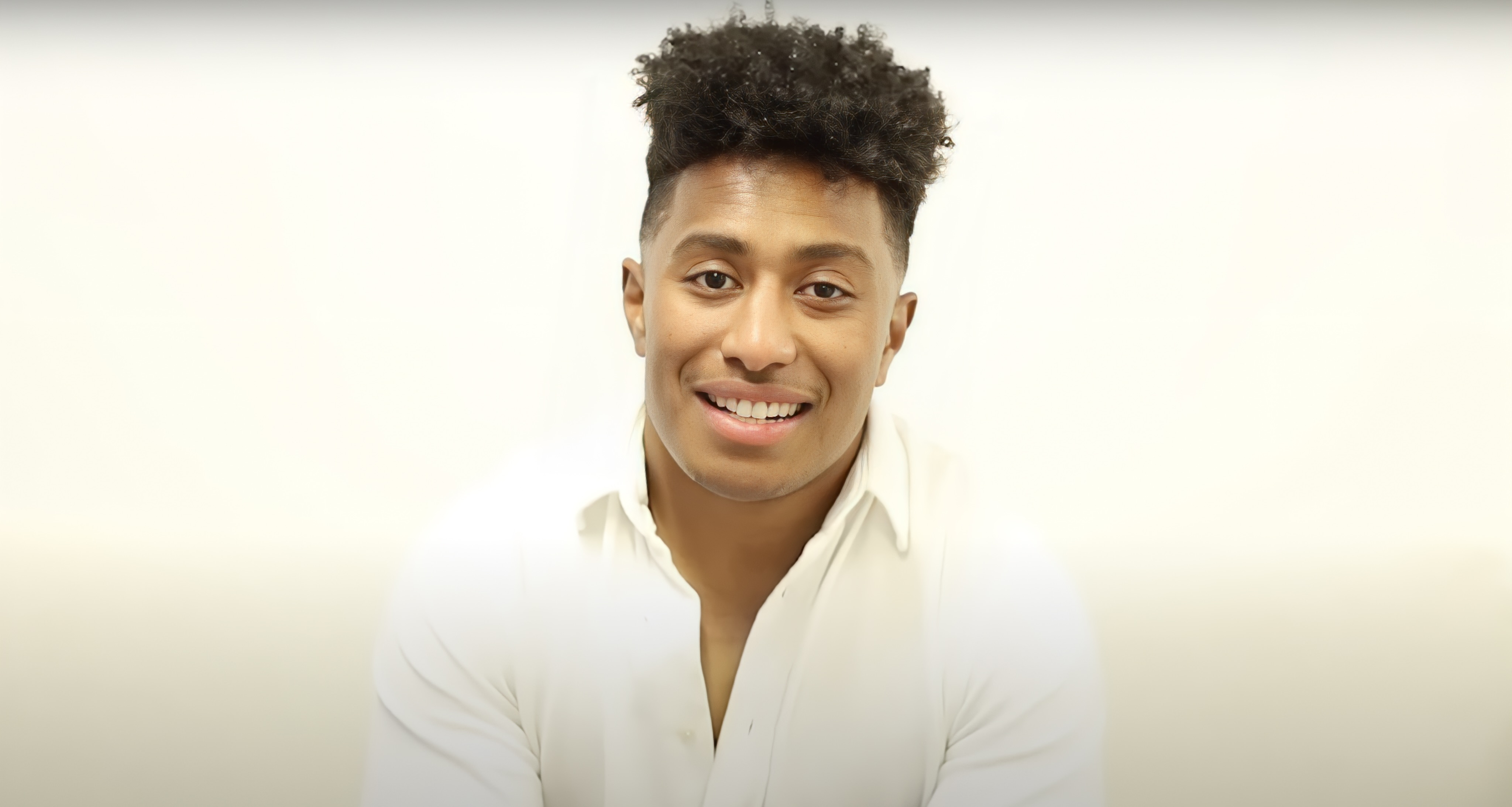Australian Olympic gold medalist Ellia Green comes out as trans
Ellia Green calls transgender athletes ban "disgraceful" and "hurtful".

Words: Emily Maskell; pictures: YouTube/Bingham Cup Media
Update 24/08/2022: A previous version of this article described Ellia Green as the first Olympian to come out as a trans man. German pole vaulter Balian Buschbaum came out as transgender in 2007 while announcing their retirement.
Australian rugby player and Olympic gold medalist Ellia Green has come out as transgender.
The sportsman, who revealed he had suffered from serious mental health issues since retiring from rugby last year, shared the news in a video address shown at an international summit held by the LGBTQ+ rugby championship Bingham Cup on Tuesday (16 August) in Canada.
View this post on Instagram
“I promised myself that when my rugby career ended, I would continue to live the rest of my life in the identity and the body that I that I know I am meant to be in,” Green says in the recording.
“I just knew it was going to be the most liberating feeling when I had that surgery and to be in the body I knew I had to be,” he continued. “That was a bright spark in my mind during these dark times facing demons, but I knew there was light at the end of the tunnel.”
The 29-year-old athlete won gold at the Rio Olympics in 2016 and silver at the 2018 Commonwealth Games before retiring in 2021.
Green’s public statement comes at a time when transgender women have been blocked by World Rugby from competing in the women’s rugby union.
Meanwhile, the International Rugby League has barred players who have transitioned from male to female from international competition – similar to swimming federation FINA‘s recent rule changes which have described as “discriminatory”.
On the topic of trans acceptance in sport, Green noted: “Imagine not being able to do what you love because of how you identify, banning transgender people from sport, I think is disgraceful, and I think it’s hurtful.”
He adds that the “alarmingly” high rates of suicide and mental health challenges trans and gender-diverse youth experience will only grow as a result of measures that enforce exclusion.
Green’s own mental health was impacted by not sharing his true self. “I felt like a complete failure, it was heartbreaking,” he admitted.
“The one thing that did keep me positive is that I had already planned my surgery and treatment towards my transition.”
Green reminisced that part of his decision to be public was to lead by example for his daughter: “I want my daughter to see me one day and say, ‘Wow, my dad was brave enough to talk about this, and my dad was brave enough to share his story with others to help them live their lives a little better, a little easier than what he did at this time.’”
“It is possible to live a life as your true self,” Green added, concluding with a heartfelt message of acceptance: “It is possible to find love, to have babies, to get married, to do all that, even though there are laws out there and people saying you can and can’t do that. You can do it.”
The Attitude September/October issue is out now.

